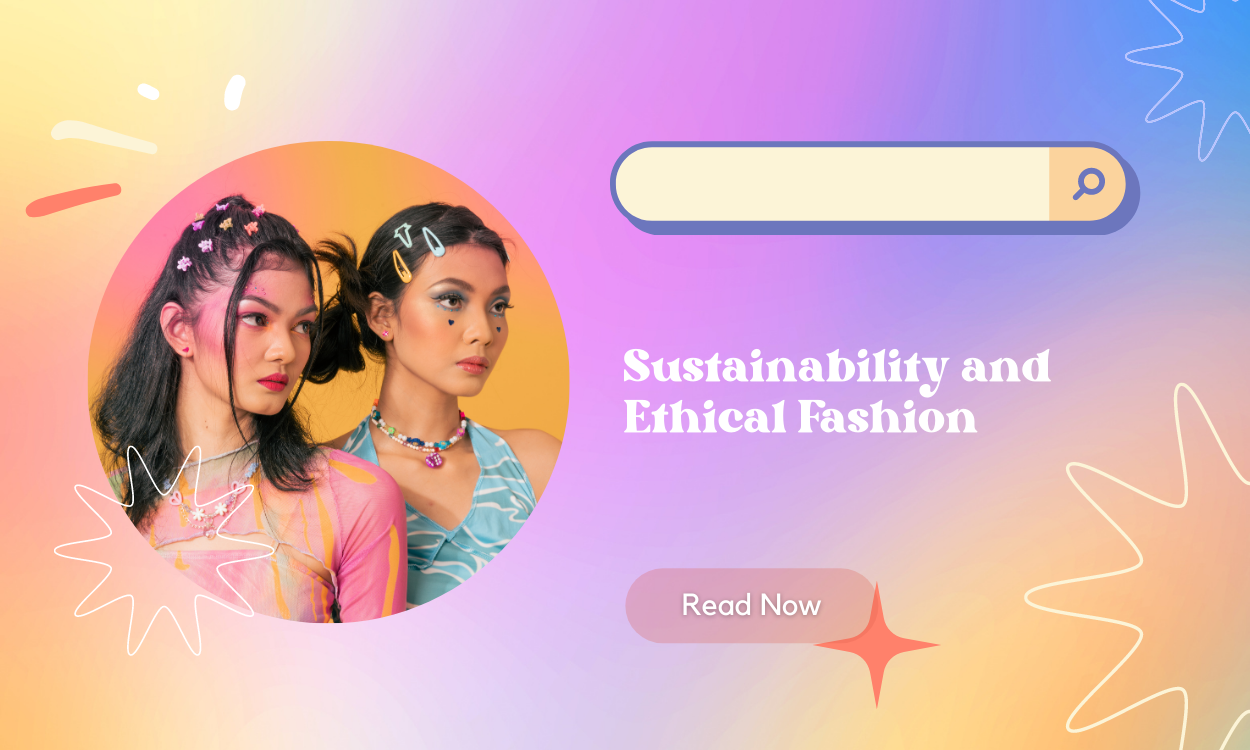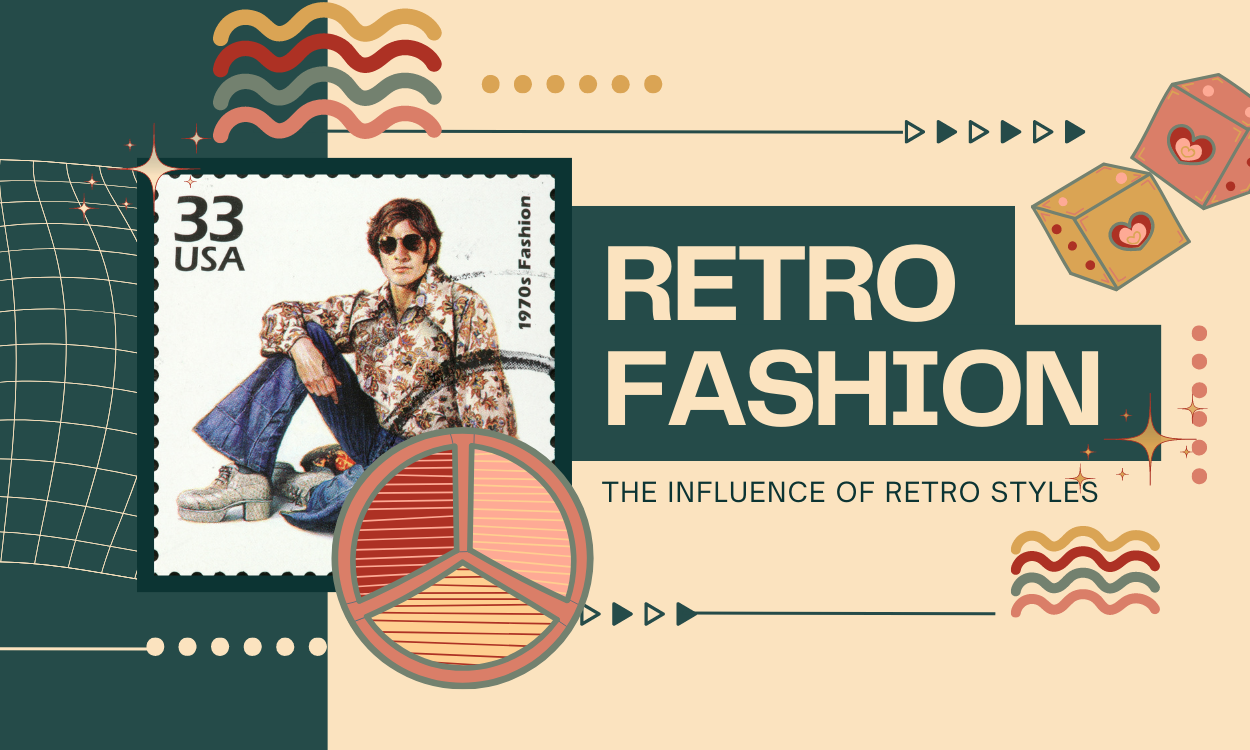In recent years, the fashion industry has experienced a significant shift towards sustainability and ethical practices. As consumers become more conscious of the environmental and social impacts of fast fashion, designers and brands are embracing eco-friendly materials and ethical production methods. In this blog post, we will explore the importance of sustainability and ethical fashion, highlighting key trends and practices that are shaping the industry.
Sustainable Fabrics:
One of the fundamental aspects of sustainable fashion lies in the use of eco-friendly materials. Here are some sustainable fabrics that are gaining popularity:
-
Organic Cotton:
- Organic cotton is grown without the use of synthetic fertilizers or pesticides, reducing the environmental impact.
- Look for clothing made from organic cotton to support sustainable farming practices.
-
Hemp:
- Hemp is a versatile and sustainable fabric that requires minimal water and no pesticides to grow.
- Clothing made from hemp is durable, breathable, and environmentally friendly.
-
Tencel (Lyocell):
- Tencel is a fabric made from sustainably harvested wood pulp.
- It is known for its softness, breathability, and biodegradability, making it an excellent choice for eco-conscious fashion.
Upcycling and Recycling:
Another aspect of sustainable fashion is the practice of upcycling and recycling materials to create new garments. Here’s how these practices are influencing the fashion industry:
-
Upcycled Fashion:
- Upcycling involves transforming discarded materials or garments into new and valuable products.
- Look for brands that specialize in upcycled fashion, as they often create unique and one-of-a-kind pieces with a reduced environmental footprint.
-
Recycled Materials:
- Many fashion brands are now incorporating recycled materials, such as plastic bottles or discarded textiles, into their collections.
- Recycling materials reduces waste and minimizes the need for new resources.
Ethical Production:
In addition to sustainable materials, ethical production practices play a crucial role in the fashion industry’s shift towards sustainability. Here are some key aspects of ethical production:
-
Fair Trade:
- Look for brands that adhere to fair trade practices, ensuring fair wages and safe working conditions for garment workers.
- Fair trade certifications can help you identify brands that prioritize ethical production.
-
Transparent Supply Chains:
- Brands that are committed to ethical production often have transparent supply chains, allowing consumers to trace the journey of their garments from raw materials to the finished product.
- Look for information on a brand’s website regarding their suppliers and production processes.
-
Local Production:
- Supporting local and domestic production reduces the environmental impact associated with long-distance transportation.
- Look for brands that produce their garments locally, supporting the local economy and reducing their carbon footprint.
Conclusion:
Sustainability and ethical fashion are not just trends; they are essential practices that are shaping the future of the fashion industry. By choosing sustainable fabrics, embracing upcycling and recycling, and supporting ethical production practices, we can contribute to a more environmentally and socially responsible fashion landscape. As consumers, we have the power to drive positive change and make a conscious choice towards a more sustainable and ethical fashion industry.


